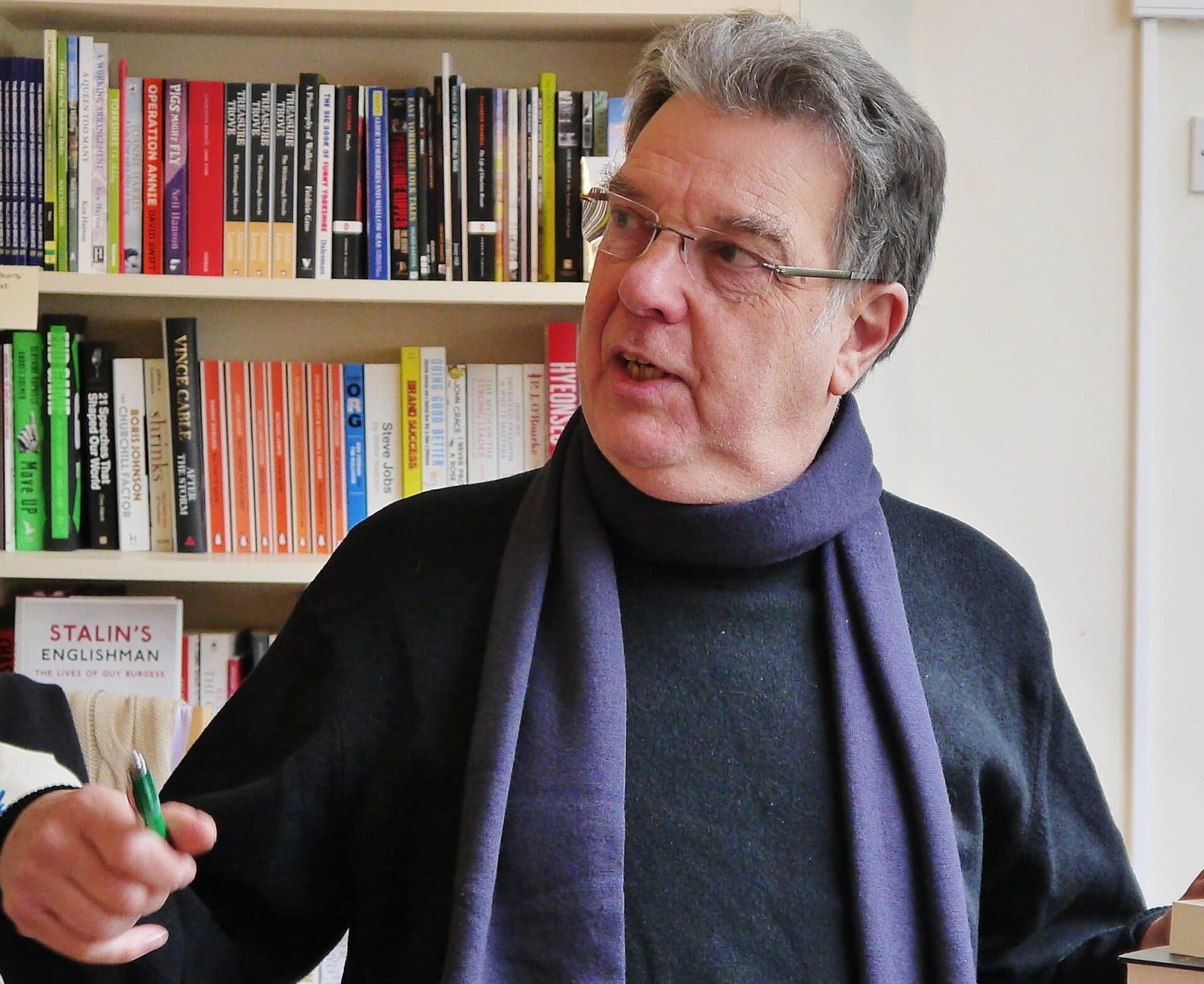Satire can’t compete with the real thing
“Nobody told me that what we were doing was – as you say – against the rules, that the event in question was something, that we were going to do something that wasn’t a work event, and as I said in the House of Commons, when I went out into that garden I thought I was attending a work event.”
Boris Johnson

Armando Ianucci is one of the funniest writers alive, but when he took on the Boris Johnson government’s handling of the Covid crisis, even he must have thought ruefully of the reason Tom Lehrer reportedly gave for abruptly ceasing to write satirical songs. Satire, Lehrer said, became redundant the day they gave Henry Kissinger the Nobel Peace Prize. Satire could never compete with that.
If Satire didn’t die that day in 1973, it surely died the day Boris Johnson entered 10 Downing Street. Which is why sometimes I felt Ianucci was trying just a little too hard to make Johnson and his sidekicks look even more arrogant, self-centred, ludicrous, lazy and corrupt than we know they are, and only succeeds in producing something like reportage. Instead of the belly laugh he’s entitled to, all he gets is nods of recognition.

From time to time, Ianucci’s play Pandemonium comes alive with a stunning image that dramatises a grubby reality. Matt Hancock tries to get the attention of his louche drinking chums, and fails because he’s a tedious and slimy creature, until he is able to tell them he has access to vast quantities of public money, and can give them “£57 billion and total freedom from oversight.” Suddenly they are very interested in him, one of them pointing out that her father had the concession for parking in several hospitals, so knows all about health.
The play is performed largely in verse, sometimes based on Shakespeare, and the five strong cast are dressed in what look like Cromwellian costumes. Paul Chahidi somehow conveys the spirit of Boris Johnson, and all the other characters – Hancock, Cummings, Truss and the rest of the circus – are shared out between four talented women: Faye Castelow, Debra Gillett, Natasha Jayetileke and Amalia Vitale.

Director Patrick Marber, for my money one of the best British playwrights writing today, and set and costume designer Anisha Fields provide the simplest possible set, a round stage upon which the characters stand when they declaim, and in the middle of which is a pit into which they climb at last, for their well deserved journey to Hell.
Not all the jokes hit the target. Sometimes Ianucci bumps into the intractable Tom Lehrer problem, trying too hard and gilding the lily. The drawling, sneering Jacob Rees-Mogg is not made funnier or more unpleasant by being called Jacob Rhesus-Monkeys. But quite often they hit the target with dreadful accuracy, as when Chris Whitty says to Boris Johnson: “Do we lock down now, or is your brain made of gravy?”
Pandemonium is a very pleasant and entertaining way to spend an hour and a quarter (there is no interval.) But the job of putting the Johnson/Truss years on stage, in all its appalling glitter, remains to be done.

Francis Beckett is an author, journalist, playwright and contemporary historian. He was the 2009 winner of the Ted Wragg Award for lifetime achievement in education journalism.
His latest two plays are A Modest Little Man (about Clement Attlee) and Vodka with Stalin.
Production Notes
Pandemonium
Written by Armando Iannucci
Directed by Patrick Marber
Cast
Starring:
Paul Chahidi
Amalia Vitale
Debra Gillett
Faye Castelow
Natasha Jayetileke
Creatives
Director: Patrick Marber
Designer: Anisha Fields
Lighting Designer: Jackie Shemesh
Composer and Sound Designer: Adam Cork
Choreographer: Emily Jane Boyle
Information
Running Time: One Hour 20 minutes without an interval
Booking to 13th January 2024
Theatre:
Tube: Tottenham Court Road
Reviewed by Francis Beckett
at the Soho Theatre
on 11th December 2023
